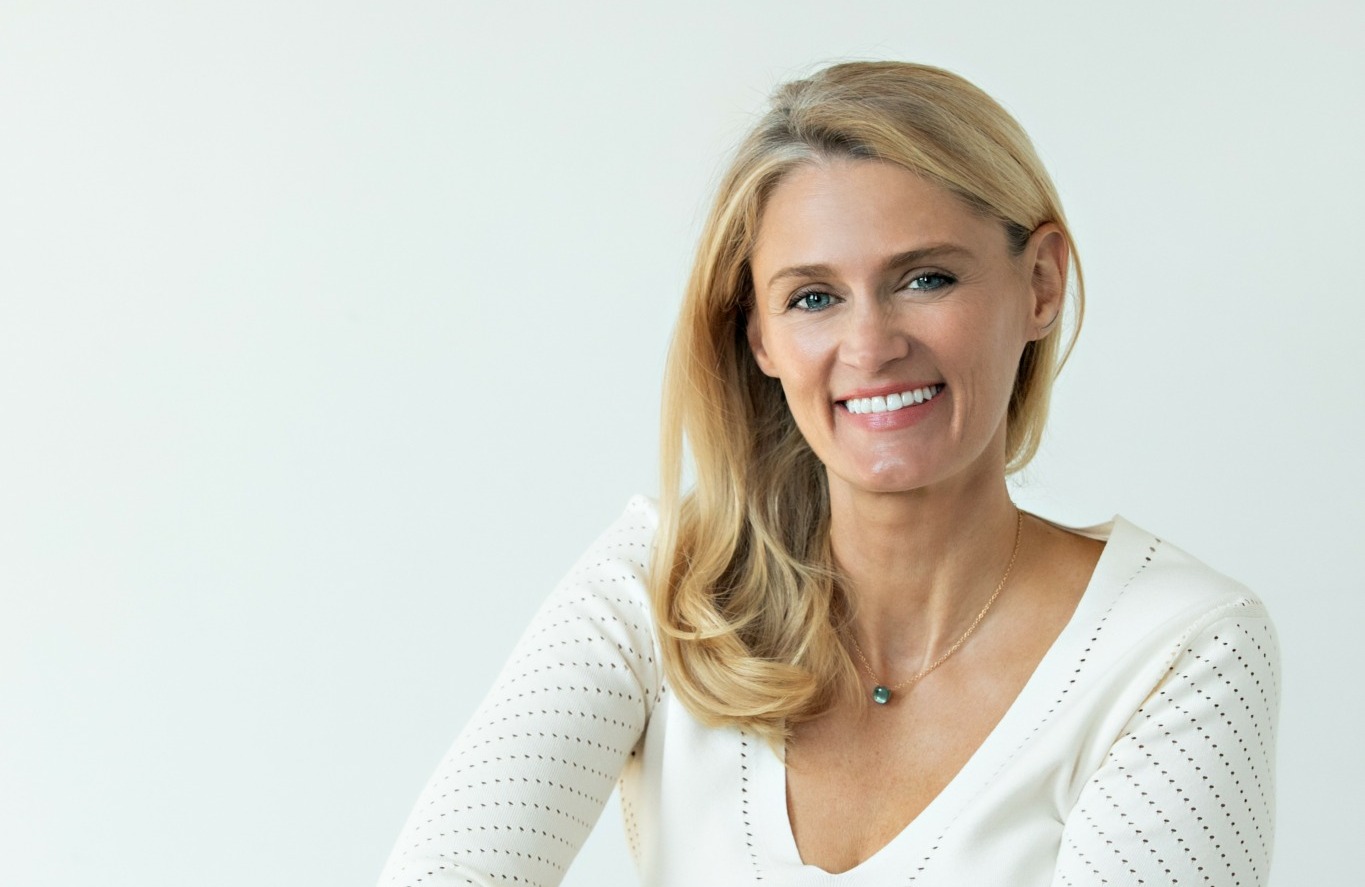One of the most daunting aspects of pursing a creative or artistic career for many aspiring artists is not knowing how to learn the craft. So, we asked some very talented artists and creatives to talk to us about how they learned their crafts and we hope their stories will help you in your journey.
Matt Rouch
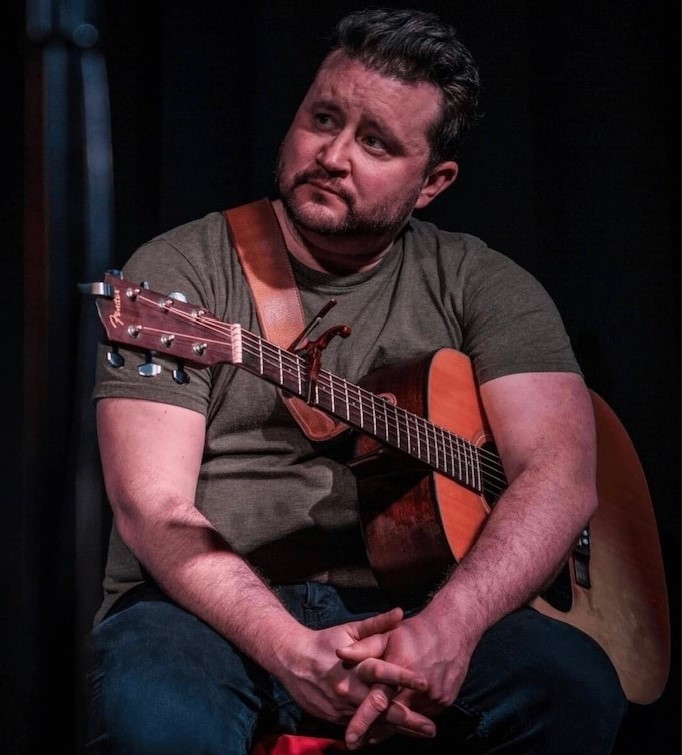
I am a self-taught vocalist and guitarist. I think what helped me speed up my learning process was constantly playing with people who were much better than me. I think that goes for a lot of skills regardless of the industry. I think if you’re the smartest/most capable person in the room, you’re in the wrong room. You should always be learning and striving to be better, the best way to do that is surround yourself with more talented people. This was easier in my youth. As I’ve gotten older it’s become tougher to surround myself with those people because they are mostly married and have families. Read more>>
Drew Samuelsen
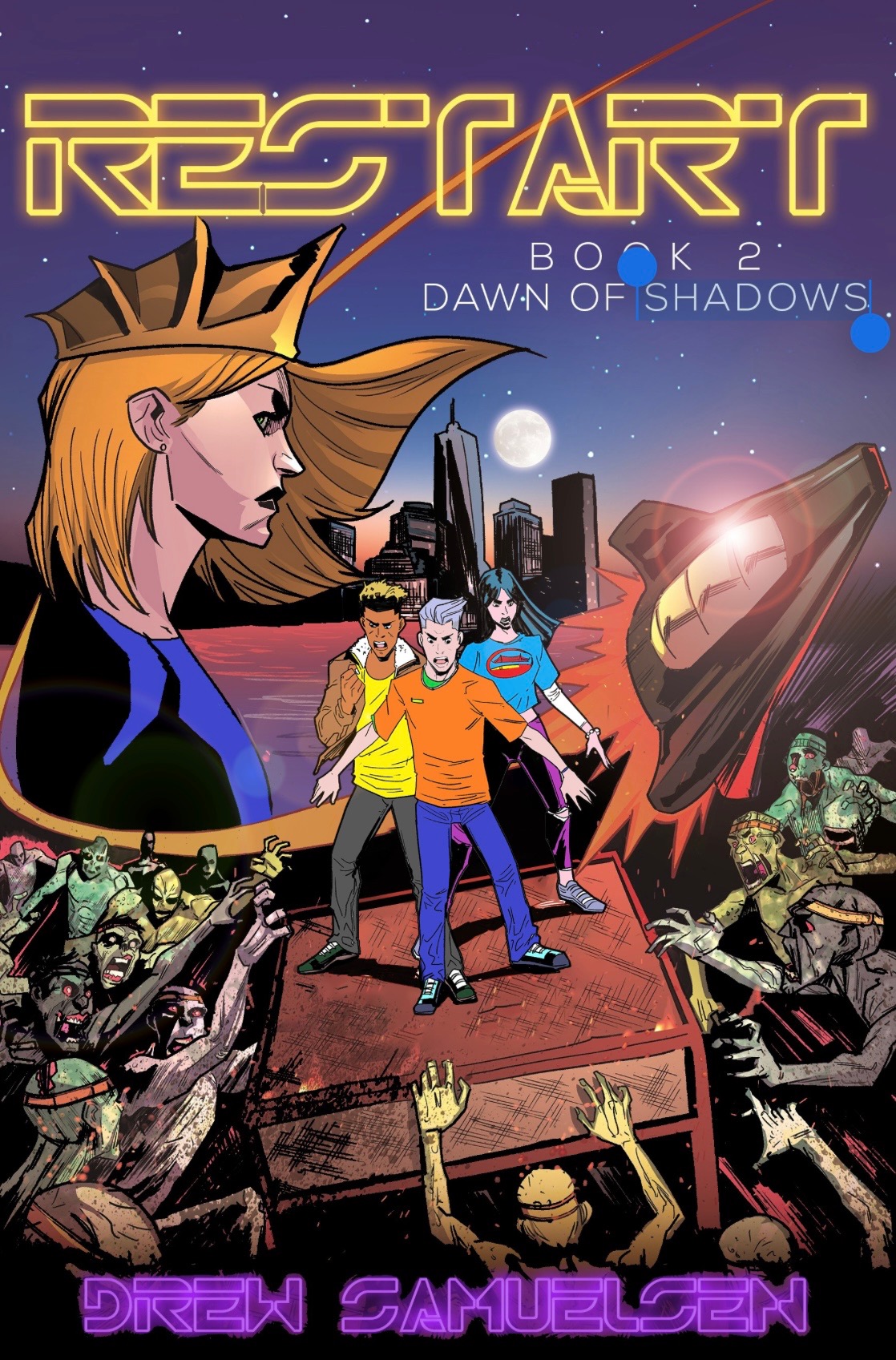
I started writing stories in second grade. My parents enrolled me in a small private school called Benchmark, where reading plenty of books and writing creatively on a daily basis was strongly encouraged. I continued my love of reading, but it changed in college because I had little time to choose what I wanted to read. Since I was majoring in English, we had extensive reading lists for each class, requiring almost a manic pace to get through the material properly. last several centuries, I found I no longer had anything original to say creatively when I sat down to write fiction. So even though I was analyzing amazing literature, it sapped me of my ability to create for many years. It’s funny how this turned out to be an obstacle to my own writing, but I’m thankful to say it essentially rewired my creative process and made me a stronger writer. Read more>>
Oliver Seneca

I learned to write from reading great authors. Stephen King. Dean Koontz. Michael Koryta. My initial process was to emulate their styles and find my voice along the way. The problem for me was that I was so inspired to create my own stories, that I rushed a lot of things. Scenes. Character development. Even editing. I could’ve sped up the learning process had I slowed down and paid more attention to the finer details. The most essential skills for writing would be discipline and consistency. Try to maintain a schedule. Write so many words a day. Set goals. For me, that’s the only way to complete a manuscript. I have to focus. That way, obstacles like writer’s block or getting distracted by other ideas can be overcome. Read more>>
Mekhi Smith
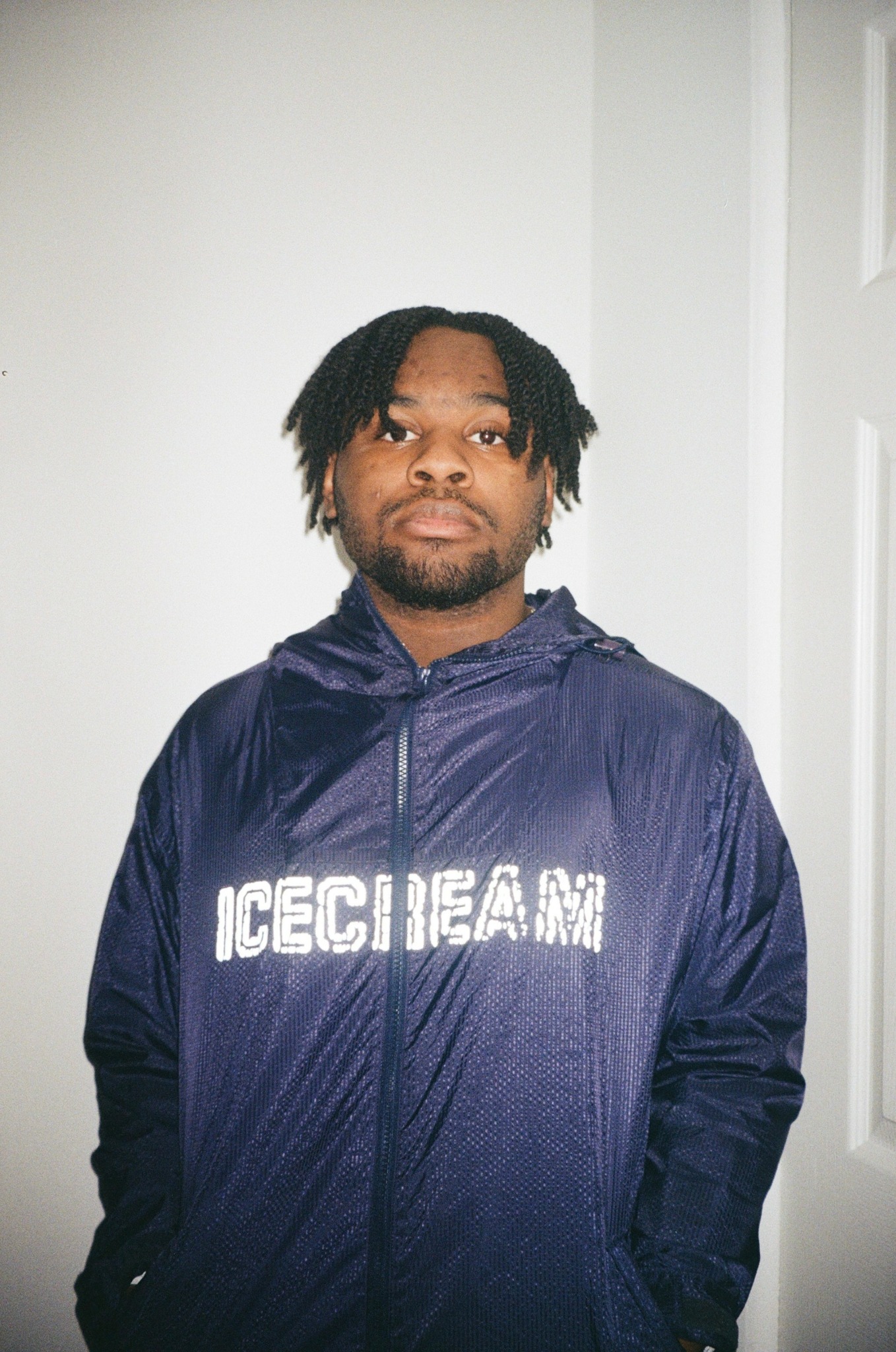
I Learned photography through YouTube and others who are also in the same space as me which was really useful. Knowing what I know now I feel like to speed up my learning process I would probably still be on YouTube researching I feel like I’m always learning and absorbing new ideas every day. I think my most essential skill is networking especially when it involves with what my interest are. It’s more easy for me to get a good conversation going. I would say one of the obstacles that stood in the way of me learning is not asking for help. I was always shy growing up and it kind of messed with my confidence a little bit. Another one obstacle is being lazy which I’m working on currently and honestly it has paid dividends because I feel as though I’m way more productize now then I was before. Read more>>
Fatima Khan
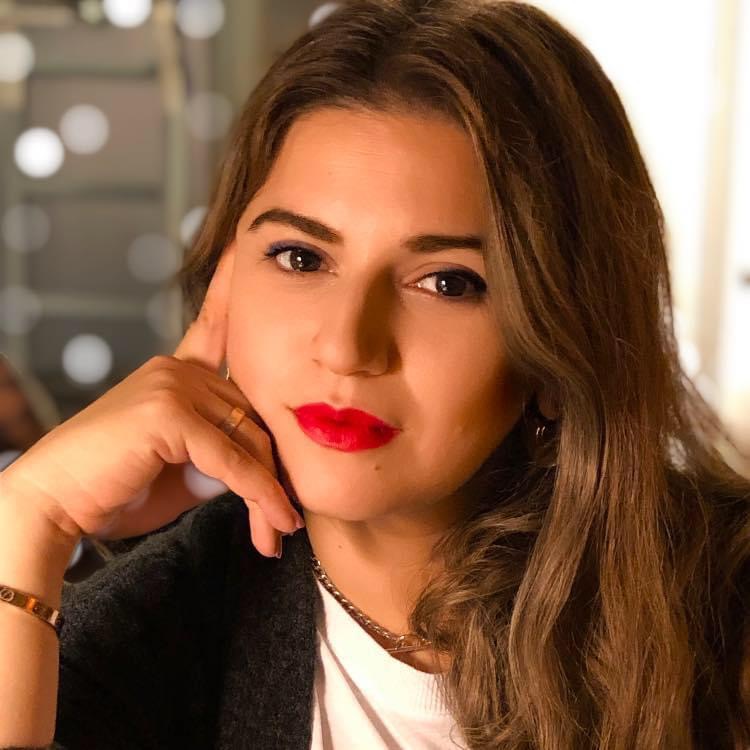
From a young age, it was evident that I possessed a natural aptitude for drawing and capturing the essence of expressions. One of my earliest and fondest memories is sketching my father as he sat reading the newspaper, his reading glasses perched delicately on the bridge of his nose. That moment remains vivid in my mind, often reminisced with a sense of nostalgia, even though the sketch itself has been misplaced over time. Throughout my school years in Pakistan, my talent for art became a hallmark among my peers. I frequently helped friends with their drawing-related homework, completing their assignments with speed and precision. My abilities were often praised, yet at the time, I didn’t think much of it—it felt like just another skill, something many of us might take for granted without realizing its potential. Read more>>
Bruce Hogan
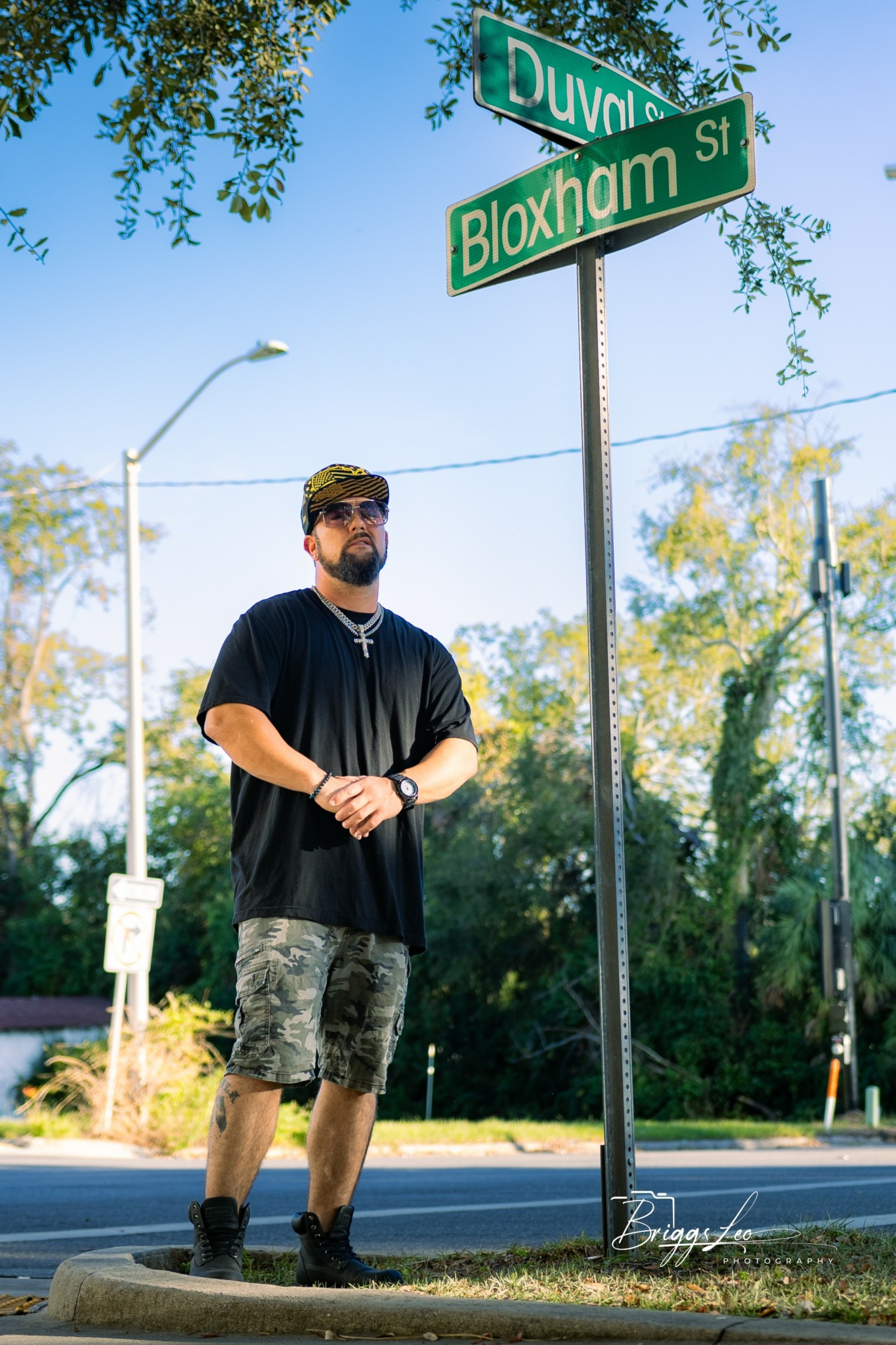
It started when I was 13 or 14. Me and sum of my childhood friends I grew up with would sit outside and play spades, dominos or Tunk and freestyle all day because we weren’t allowed inside, you know how that is. So, we would find things to do all the time but one thing we did the most was freestyling and writing songs hoping to get big one day. They used to tell me that I should take it more seriously and try and link up and do shows with someone that would listen to my music. So, around 2005 I met one of my closest friends QD’Up aka Shawn Quigley at Pockets in Tallahassee Fl, we chopped it up about making music and what we had been doing with our music. He had a lot of experience in writing, mixing and even mastering, we clicked almost instantly. We ended up writing songs and collabs thru out my time in college until he moved to Tennessee. We have continued to do music, but it has made things harder to do music and make time to collab being long distance. I was doing shows at Club Atmosphere and Down Under and party’s everywhere we could. So, Fast forward a few years I continued to write and hope for a shot. 5 years ago, I made a promise to me and my family I was going all in, all or nothing so I did just that pushing my music on Distro kid, Soundcloud, ReverbNation, YouTube, Instagram and Facebook. Read more>>
Amanda Henke
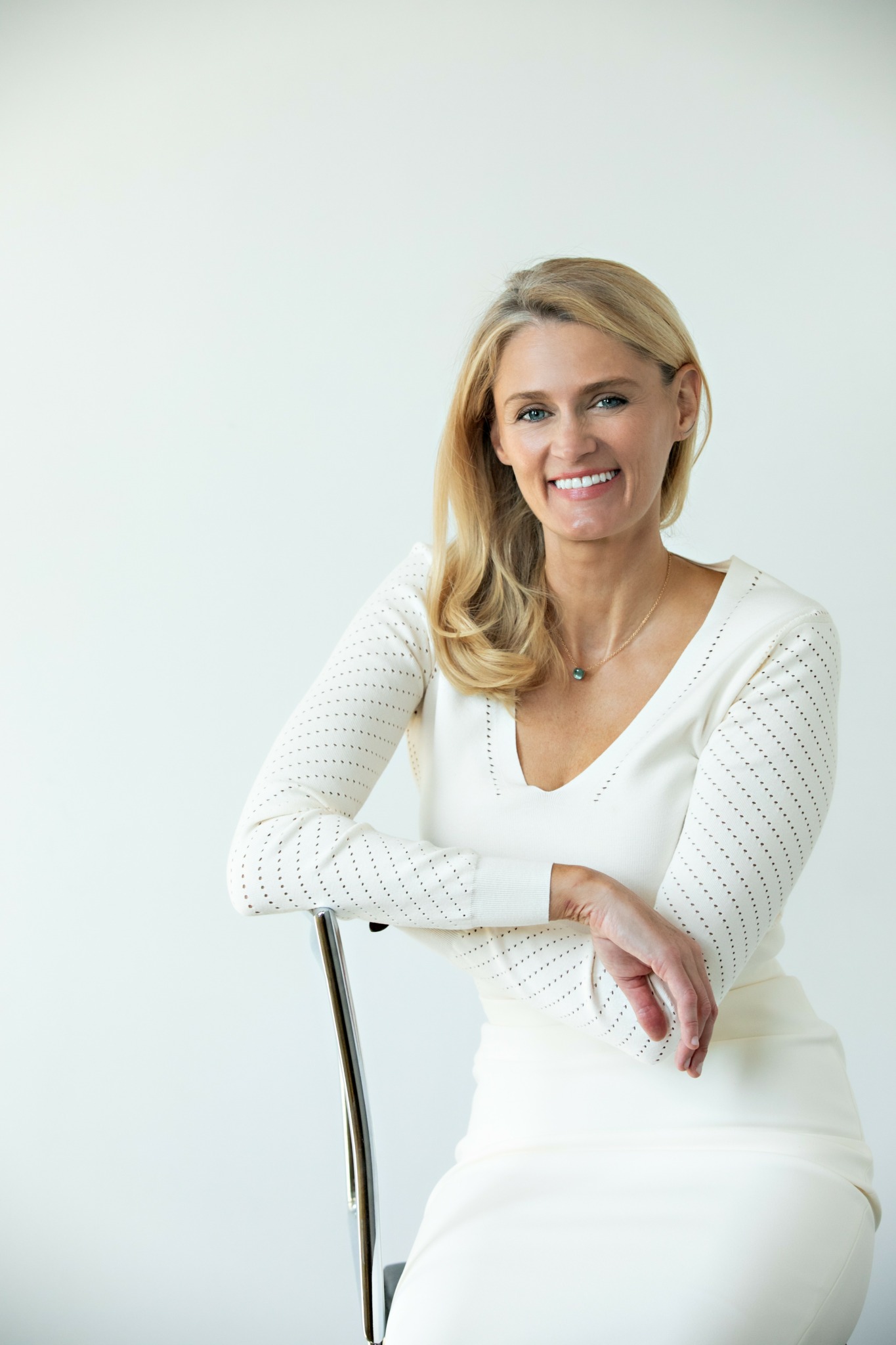
I earned my MFA in Writing for Children and Young Adults at Hamline University in Minnesota from 2017-2019. I spent those two years reading craft books and other helpful books across all genres of Kid Lit and Young Adult. Prior to that I dabbled in creative writing but I never really took my writing seriously. I am not sure that speeding up my learning process would have been a positive thing during my time in graduate school, in fact, I believe the opposite is true. The program was intense, and our semesters were packed with reading and writing deadlines. The pace felt appropriately urgent, but I would have loved to take some time and dive deeply into the study of certain topics or specific pieces I was writing. As for essential skills, I believe my MFA program forced me to improve my lacking ability of time-management. During my time in school I was a single parent to my young son, so I had to make the most of any time I had to myself. I think my fondness for making daily schedules and the thrill of checking items off the daily list helped keep me motivated. Read more>>
Lauren Ficklin

Here’s a refined version of your response that maintains your voice while polishing the structure and flow: I am a storyteller and brand builder—though I didn’t always know it. I knew I loved writing and was deeply intrigued by how people and organizations presented themselves to the world. After finishing law school and navigating the end of my marriage, I began blogging as a way to process my experiences. I took it seriously, treating my blog like a platform for real connection. I researched blogging best practices—titles, structure, SEO, imagery—and applied them. Over time, my content resonated with women in similar situations, and the growing community around my blog was both humbling and inspiring. Read more>>
[yaku]
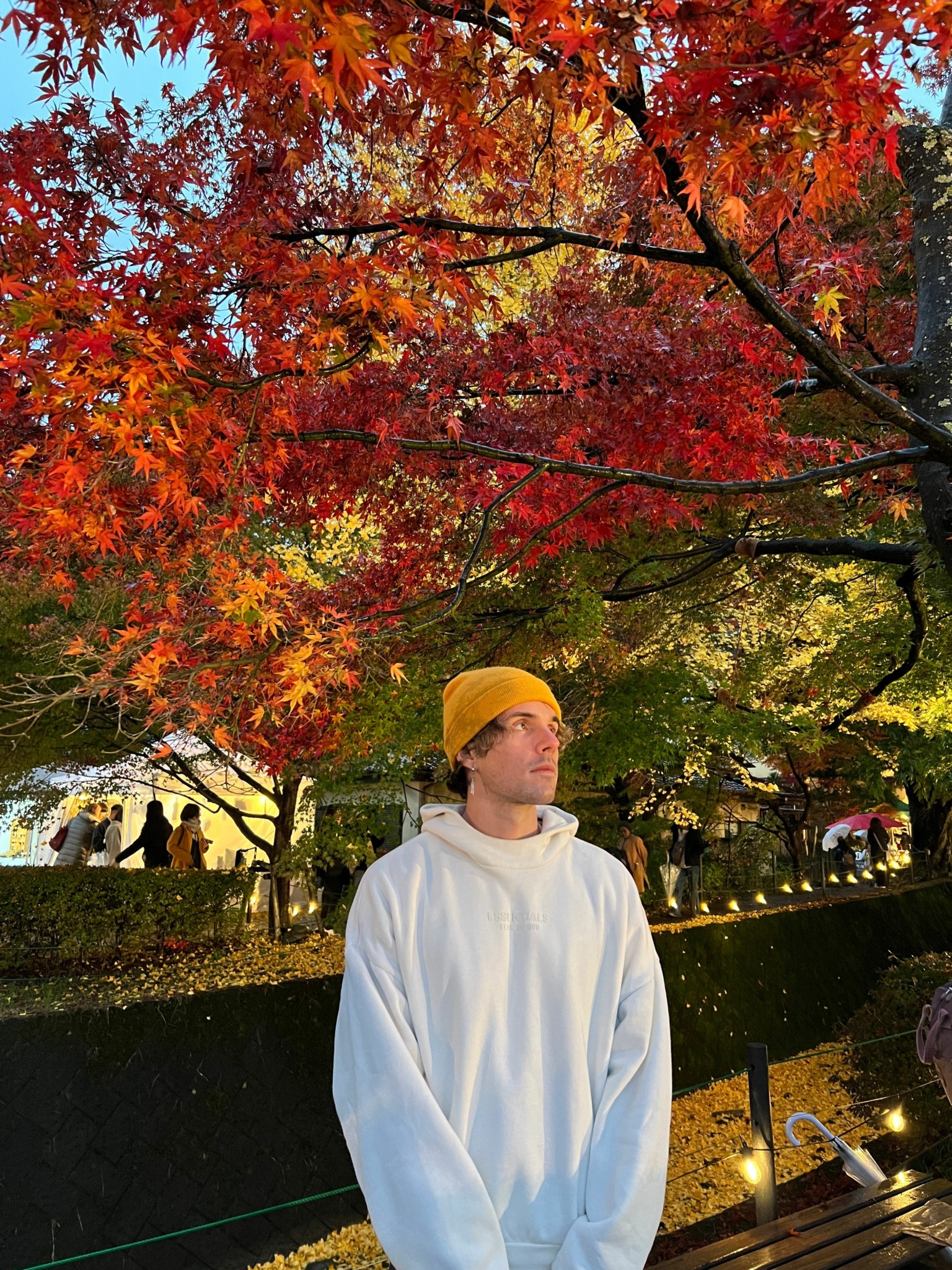
Honestly, the most important thing when it comes to learning the craft of producing and DJing is consistency and feedback. When first starting out, I used to get caught up thinking I’d need to get “the best DAW” to start making music or I’d need the “perfect synth” to make that song that I envisioned in my head, but the reality is that the thing you need the most is practice and feedback from others who are further along than you. I’m working 1:1 with an incredible production teacher right now and that’s been such a massive help too, especially since he always reminds me to focus on what’s most important (i.e. interesting musical ideas) and not get too caught up in the world of new / fancy plugins. Read more>>
Nick James
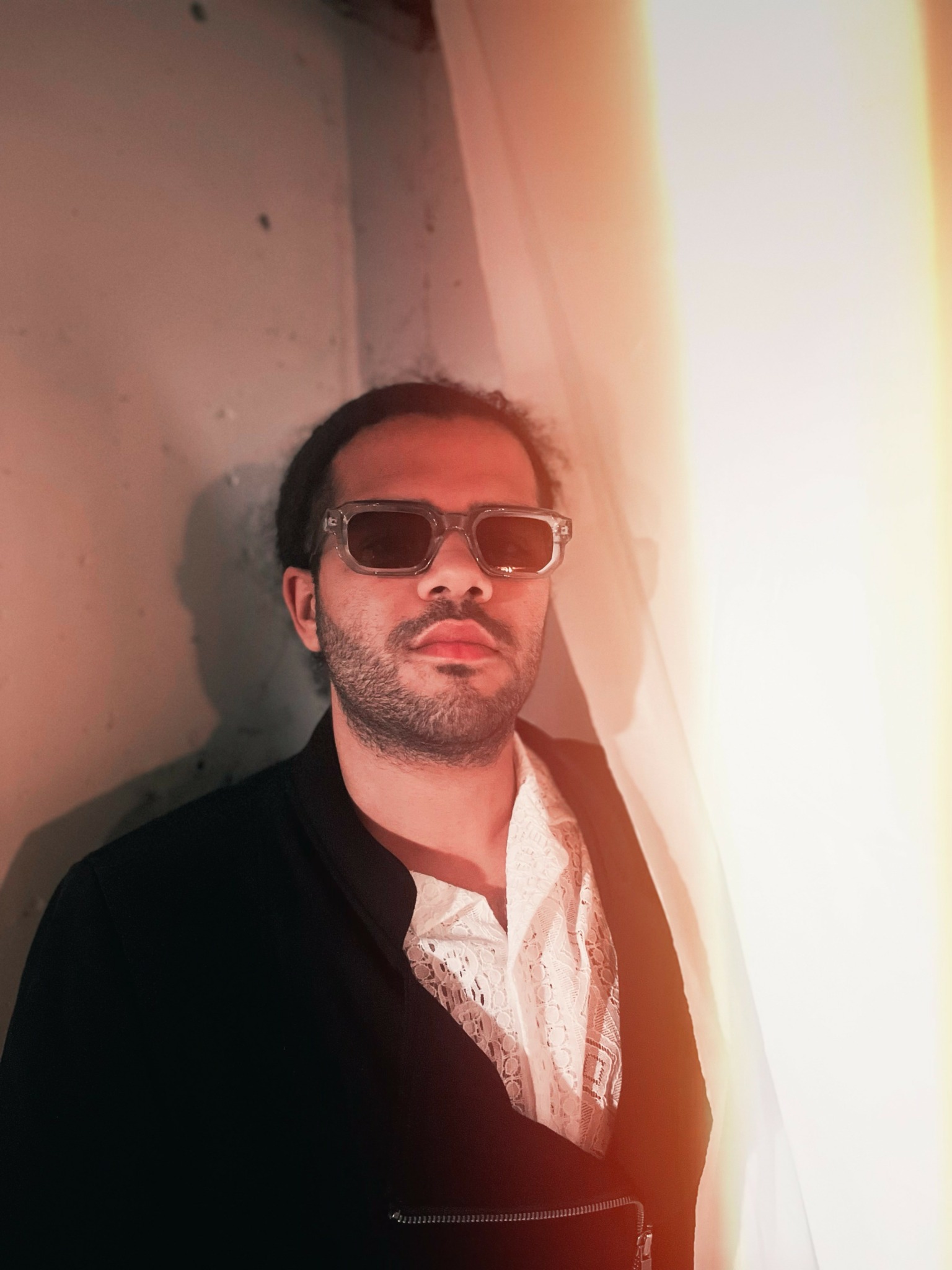
I think that some people are just meant to be musicians. Learning the craft comes with that. You have to be versatile. You just have to get out of your own way. Read more>>
Sydney Barney
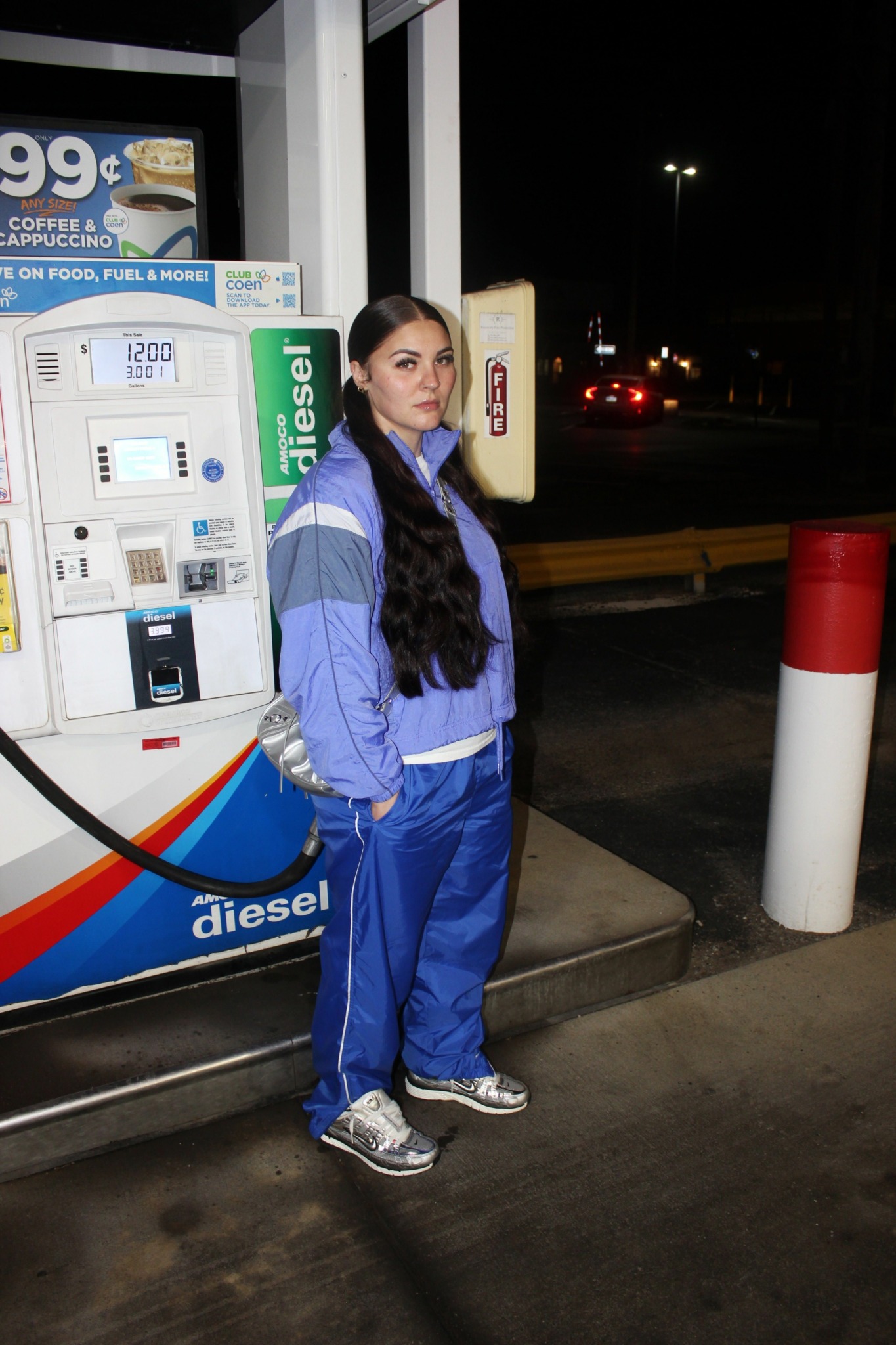
I’ve always had a passion for fashion. Developing a unique style through research and personal experience has allowed me to express my creative vision. While there’s always more to learn, I wish I had started networking earlier. Building strong relationships would have opened doors to exciting opportunities and collaborations. Several skills are crucial in the fashion industry. A strong creative vision and organizational abilities are essential for executing projects and meeting deadlines. One obstacle I faced was limited access to resources, which hindered my learning process. By continuously learning and adapting, I am excited to pursue a career in the fashion industry. Read more>>
Sonya Teclai

Loving to sing came naturally to me. I remember loving music since I could remember, and all different kinds of music from Eritrean, Ethio Jazz, Egyptian, Motown, blues, jazz, 90s r&b, hip hop and more would be playing in my house. Along with that my parents said they would play Annie for me on repeat so I wouldn’t cry as a baby, and that all I would do was sing along to it. I think all of those things played a huge part in how I took music in. It was like studying the craft through listening at an early age, but the technique behind making music was a learned craft. I was in choir growing up where we learned music theory, singing techniques, terminology, etc. I was also in a girl group through high school with my cousin and our friends where we wrote our own songs, so that’s where writing started for me. It really sprung through a love of writing poetry and always paying close attention to lyrics when listening to music. I learned more techniques around recording from high school on, and the rest is history. Read more>>
Molly Smith
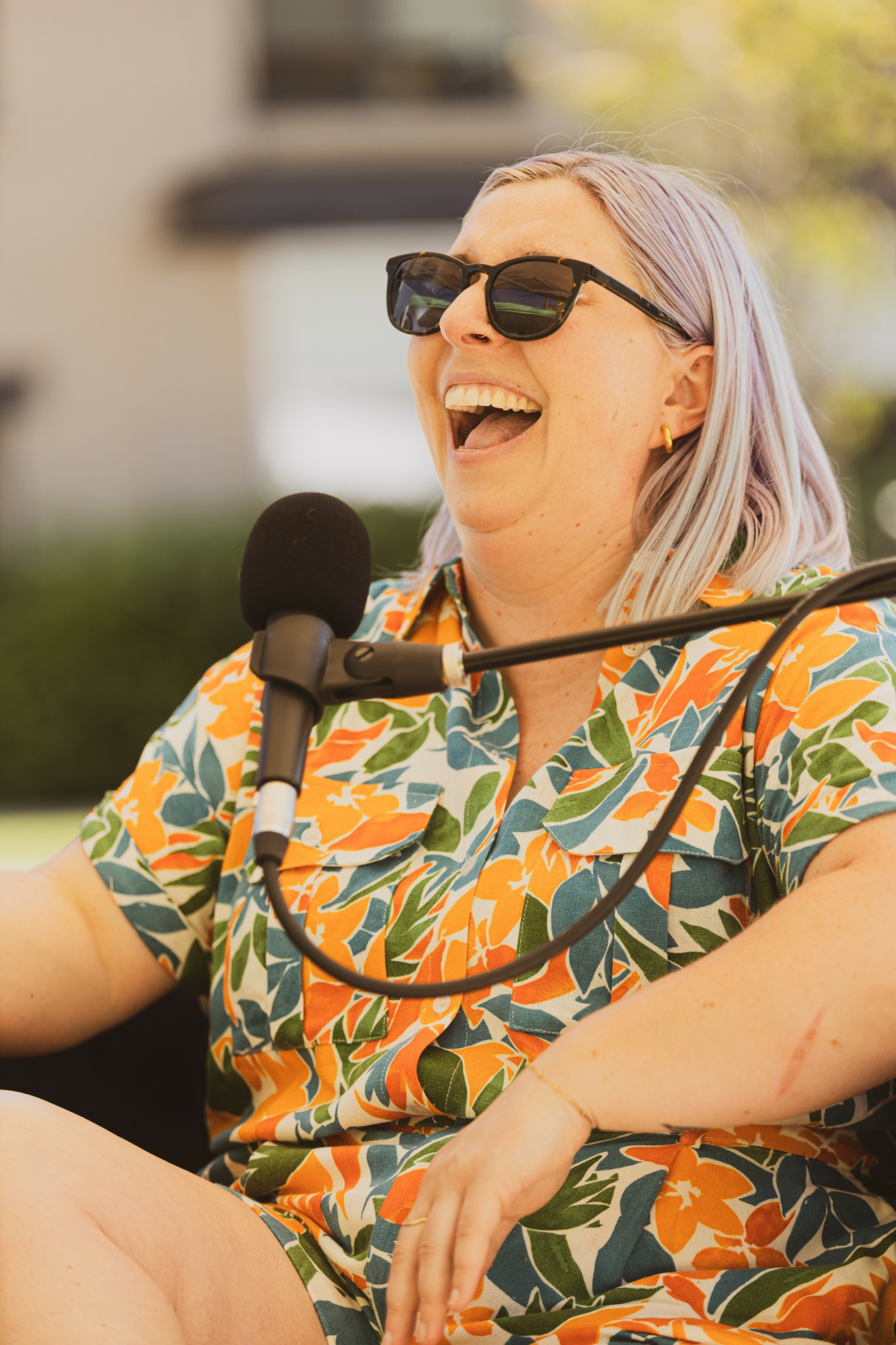
I believe there are a few distinct experiences that helped me learn the craft of podcasting. One is that I’m an avid podcast listener myself—I consume a ton of content and try to mirror some of the qualities, pacing, and styles of other shows I enjoy, while bringing my own flavor to it. Another skill that set me up for success is my experience with interviews. As a writer, I’ve become comfortable talking to new people and asking questions to craft a story. Hosting a podcast is really similar. You have to think on your feet and create a space where the other person can share engaging insights for the listeners. Read more>>
Andrea Corsini
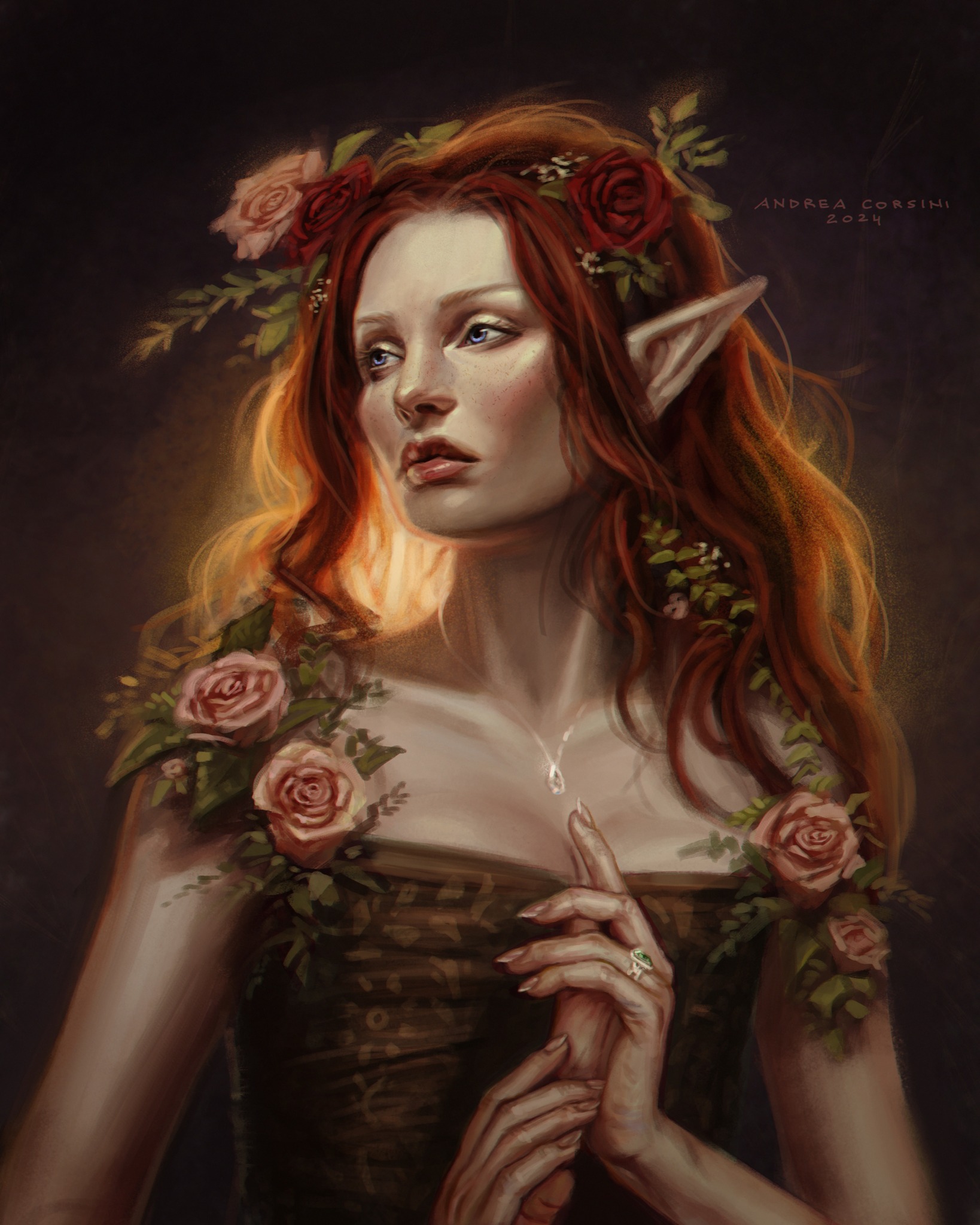
It took time to learn what helps and what hinders my artistic growth and while these tips might be useful for lots of artists you’ll learn what’s most helpful to you by doing art. I’d say that my biggest boost in getting better was being very curious and always on the hunt for tutorials or possible exercises to do and lots of practice (shocker, I know). The most essential skills to have actually tie together with the obstacles one might encouter; being open to critisim, both from others and from introspection, is essential to develop a more refined “artistic eye”. Perfectionism can be detrimental and might stop you from trying out new things because you might not “ace it” at the first try. Read more>>
Benjamin Marcus
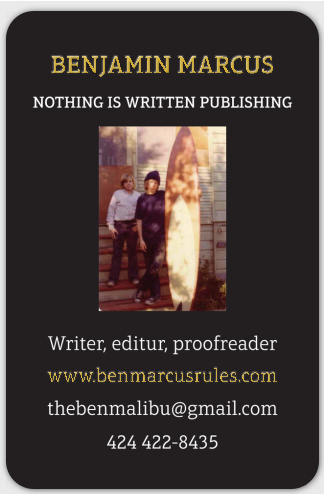
I honestly think writers are born with the “Writer’s Brain” just as musicians are born with the “Music Brain.” And I also think these traits are inherited. My grandfather Joseph Schafer taught history at University of Oregon and wrote books about the history of Oregon and the Pacific Northwest. There’s a building there named after him at U of Oregon = Schafer Hall. And then he was director of the Wisconsin Historic Society. Read more>>
Jarron Person

I’ve always had a creative side to me and was very good with computers. However, I never knew that I would be good at videography. Once I started streaming, I tried using DaVinci and Kdenlive, which is a video editor in Linux. Read more>>
Eric Rice

Learning music and how to produce is very fulfilling to me but it’s certainly taken me a long time to acquire and hone my skills. I think the most important thing to have is the want and desire to learn more. I was able to learn a lot just from YouTube videos, comparing notes with my peers and a lot of freaking practice. No one makes bad music in their head but the difference is who is comfortable enough with their medium. Read more>>
Allen Plone
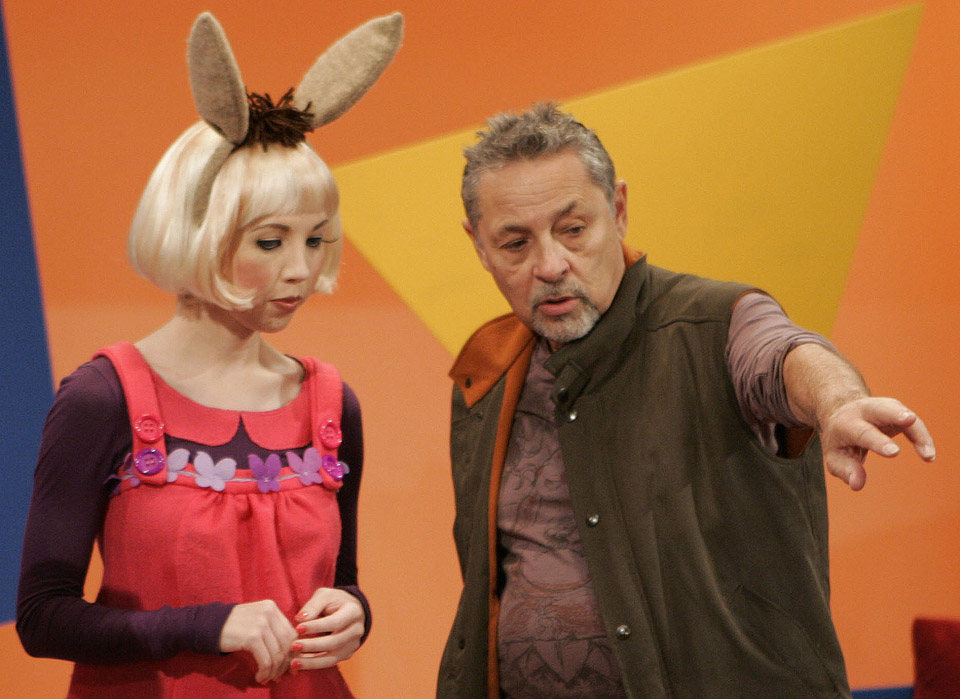
As opposed to the way I learned my craft, there are smarter, more intelligent ways. That said, here’s my creative path story. I was a very early reader and thrived on reading anything I could, including novels, newspapers, magazines… I loved the written word. Coming from a relatively poor house, where the emphasis was on trying to make enough money to eat, the idea of becoming a writer didn’t exist. I loved movies, as well. I went every Saturday to see the double feature at the Castro Theater in Philly. But, again, the idea that one can have a profession making, directing or writing for film was nonexistent. Out of nowhere, I will never know how the idea manifested, an uncle gave me an 8mm Revere movie camera for my 13th. birthday. I started making little films, still without the idea that it could be a profession. Read more>>
Ingridi Viruel

Following in my mother’s footsteps, I got my first camera at the age of 12. From that moment, I began exploring various photographic techniques, ranging from experimental approaches to alternative processes. I’ve always believed that one should make a photograph, not simply take one. Growing up and diving myself more in art, I was captivated by the idea of creating something on film. In 2021, I took this passion further by shooting my first roll of 16mm; the analog process fascinates me. I think there will never be something so special like working with film. The digital world can be a bit corrupted, where as with film it makes me stop in time and analyze what I am capturing detailed, before I press the shutter. You just have one chance and no room for mistakes. Because of course- film is expensive, so every single frame matters. Shooting an entire editorial on film is a different pace and approach than shooting on digital. I often like to challenge myself and create something more concrete and organic. My work now spans from portraiture, fashion photography, and experimental filmmaking . Read more>>
Joenne Dumitrascu

To put my training in a nutshell: many years of music school training – pre-college, university, summer training programs – I went through it all! There’s no shortcut to learning how to play a musical instrument at the highest level. Being exposed to various training programs expanded my skill set but also helped me build my network of professional artists that I work with now. Read more>>


